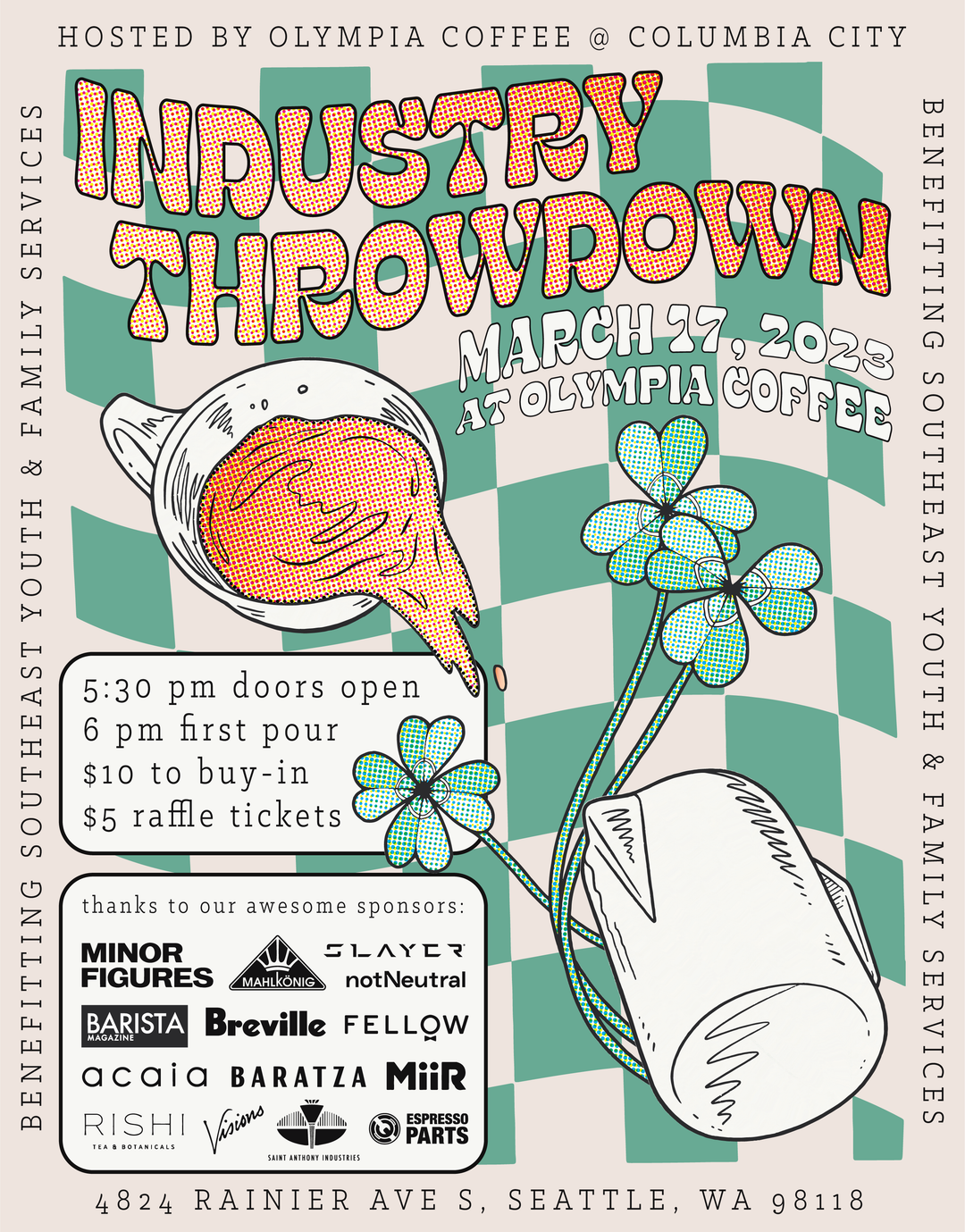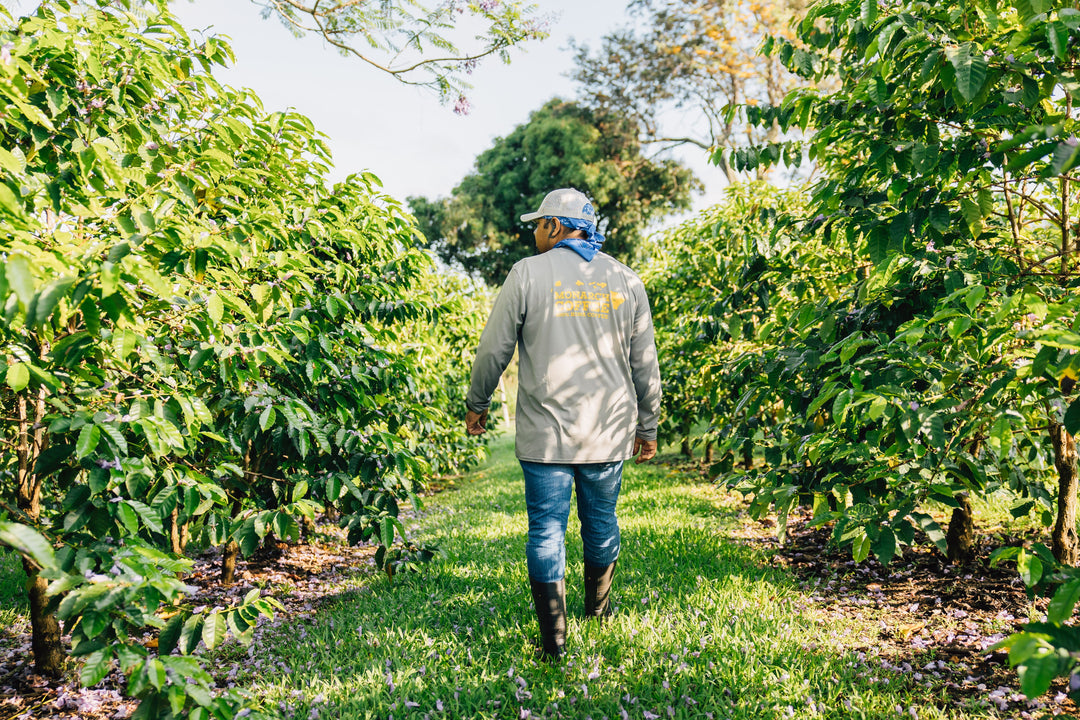Sourcing in El Salvador 2017

40 years ago El Salvador was the largest coffee producing country in Central America; today it's the smallest. So, what happened?

In large part, inequality during El Salvador's rise in coffee gave land ownership to the top two percent. This resulted in a civil war in the 1980's. Post-war El Salvador has struggled to recover. A weak national policy for the coffee sector, climate change, depleted and disease ridden coffee trees, lack of basic security, poor access to financing, and lack of labor are the main reasons El Salvador has struggled to keep pace.
Is coffee in El Salvador doomed? In short, no.

We are already seeing the results with producers like Ricardo Ariz. Ricardo has been mitigating the effects of climate change at his farm by using genetics to fight coffee leaf rust and developing better working conditions through higher wages, better housing, and true worker benefits. This business strategy is designed to stop the desire to migrate.

Our efforts to work directly with farmers like Melvin Flores give very small scale farmers the opportunity to go specialty and create huge value in their coffee. Prices that are well above the market can be the difference between struggling to get by and thriving.

As many of our specialty coffee peers picked up and left when Roya hit four years ago, we doubled down and saw opportunity to develop something much more meaningful to the people of El Salvador. I believe El Salvador, while a smaller coffee producer than it once was, will be a nation known for it's quality coffee and, in fact, will thrive in the future.




